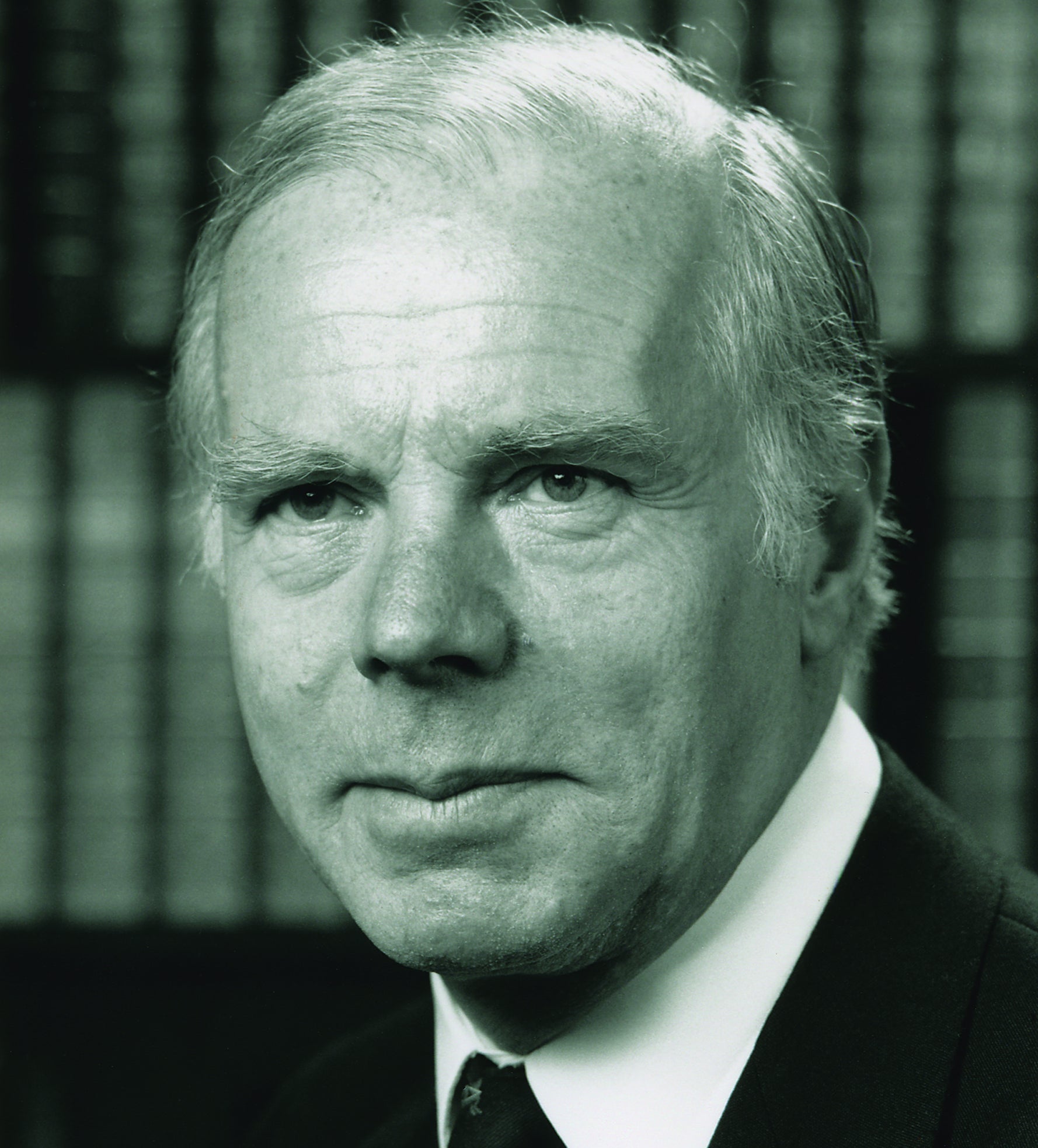Professor Michael Oliver: Cardiologist who explored links between diet and heart disease
Also led trials into cholesterol-lowering drugs

Michael Oliver was one of the most eminent cardiovascular researchers of his era. His work was most notably concerned with the relationship between diet, cholesterol and coronary disease and he led early trials into cholesterol-lowering drugs.
He was born in Wales, raised in Hampshire and educated at Marlborough College and Edinburgh University, where he gained a First in biochemistry and physiology. Rather than National Service, he spent two years in general practice in Leith, Edinburgh – a salutary and important experience where he “learned” to be a doctor and practice clinical medicine.
He obtained a junior fellowship in the departments of biochemistry and medicine at Edinburgh, and began a series of publications from 1953 delineating the physiological nature of cholesterol and lipoproteins and their role in endocrine and heart diseases. In 1954 he was among the first to report that raised cholesterol levels were associated with heart disease; this pioneering work led to a gold medal MD thesis and brought him international recognition.
He was a highly influential leader in carrying out controlled trials analysing the effects of lowering cholesterol levels. While the results showed that the incidence of myocardial infarction, or heart attack, was reduced, there was an increase in non-cardiovascular mortality.
This equivocal result set back research for 15 years. Oliver had the original idea that a surge of stored fat might occur during the onset of an attack and may lead to sudden death in the first six to eight hours. Published in 1966, this visionary work remains highly relevant today.
In the 1970s Oliver expanded his interests to the metabolism of fatty acids, insulin and antioxidants. This led him to close contact with his peers in Sweden and in 1980 he was awarded an honorary MD by the Karolinska University of Stockholm. His internationally renowned research also led to the award of an honorary MD at the University of Bologna in 1985.
In 1964 he established the first intensive coronary care unit in Europe, at the Royal infirmary Edinburgh, and in 1974 he was appointed a personal chair and awarded the Duke of Edinburgh Chair of Cardiology in 1976. Perhaps his most enduring legacy was the foundation of the academic department of cardiovascular medicine in Edinburgh, today arguably the UK’s most prominent and influential clinical research department into heart disease.
Oliver was always a university and NHS man; he never had a private practice. He was a popular lecturer and was encouraging and supportive of young medical scientists. He wrote more than 400 papers, and was president of the Royal College of Physicians from 1986-89; there hangs his portrait by Victoria Crowe.
He retired from Edinburgh University in 1989 and moved to London as Director of the Wynn Institute for Metabolic Research and also joined the National Heart and Lung Institute. He never really retired and was always greatly intrigued and influential in his enthusiasm for cardiac research. He often remarked how comforting it was to have a profession, passion and hobby which were the same. Indeed, his comprehensive review of the relationship between free fatty acids, cholesterol and heart disease was published earlier this year, while also this year he attended the opening of the Michael Oliver Theatre, named in his honour by Glasgow University.
He found it difficult to adjust to urban life in Edinburgh, but bought an 18th century house set in three acres which he considered one of the joys of his life. His life was not always easy: his eldest son died, and he also had to deal with the breakdown of his first marriage, to Margaret Abbey, with whom he had a daughter and three sons. In 1985 he married Helen Daniel, who predeceased him.
Michael Oliver was a remarkable and engaging man. He was stimulating company and always full of charm. As the former MP Tam Dalyell recalled, “The friend of many of us, Michael Oliver enhanced the life of Edinburgh University, the Royal Society of Edinburgh and Scotland in general.” His forthrightness was renowned and one of his admirable qualities. In his “retirement” he transferred his desire for knowledge into art history and became an expert in Italian Renaissance art.
He lived in Umbria happily for 30 years, entertaining and living a full life. He had a close relationship with his five grandchildren and often remarked that his two surviving sons were his best friends.
Michael Francis Oliver, physician: born Wales 3 July 1925; CBE 1985; married firstly Margaret Abbey (marriage dissolved; one daughter, two sons and one son deceased), secondly Helen Daniel (deceased); died Italy 7 June 2015.
Subscribe to Independent Premium to bookmark this article
Want to bookmark your favourite articles and stories to read or reference later? Start your Independent Premium subscription today.

Join our commenting forum
Join thought-provoking conversations, follow other Independent readers and see their replies